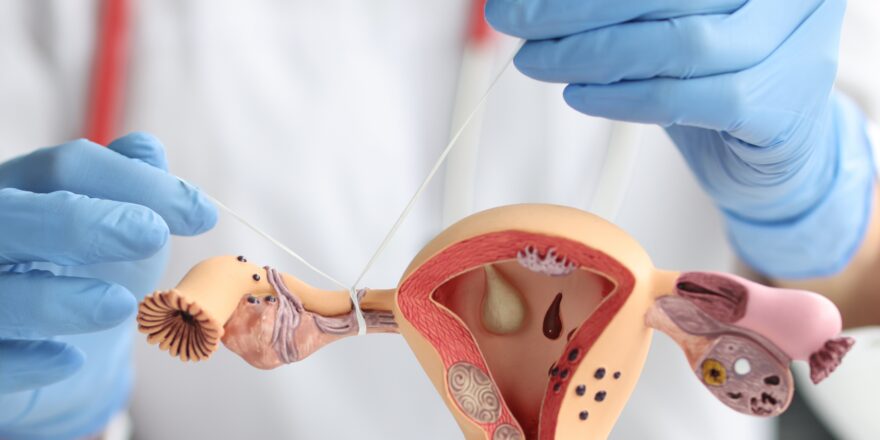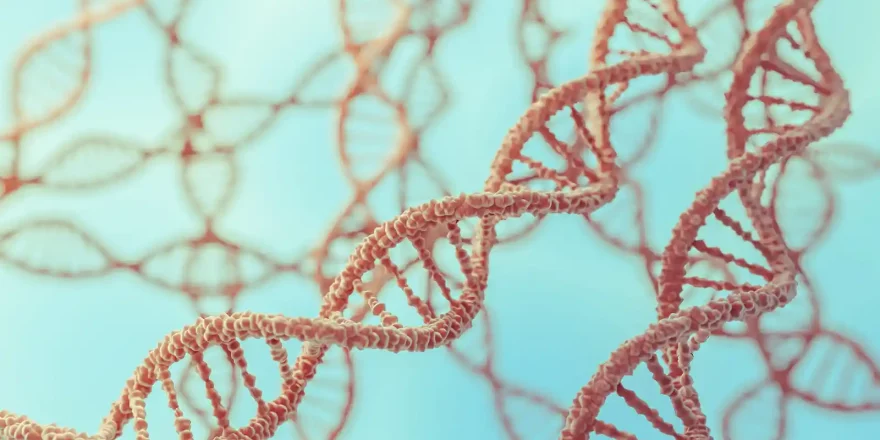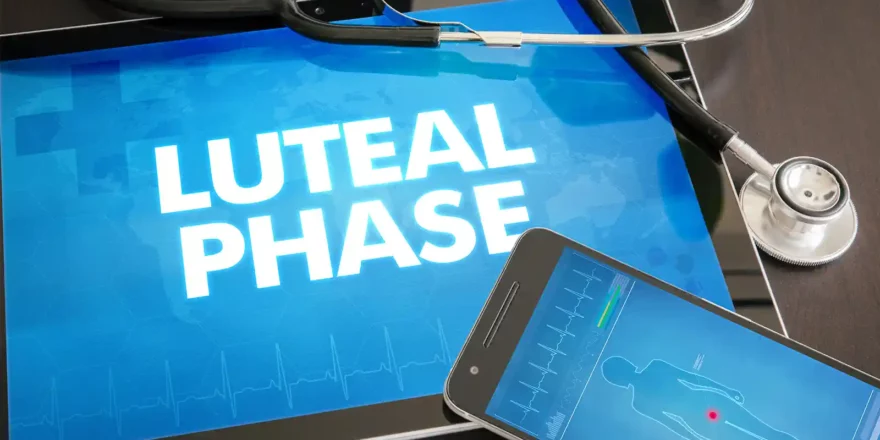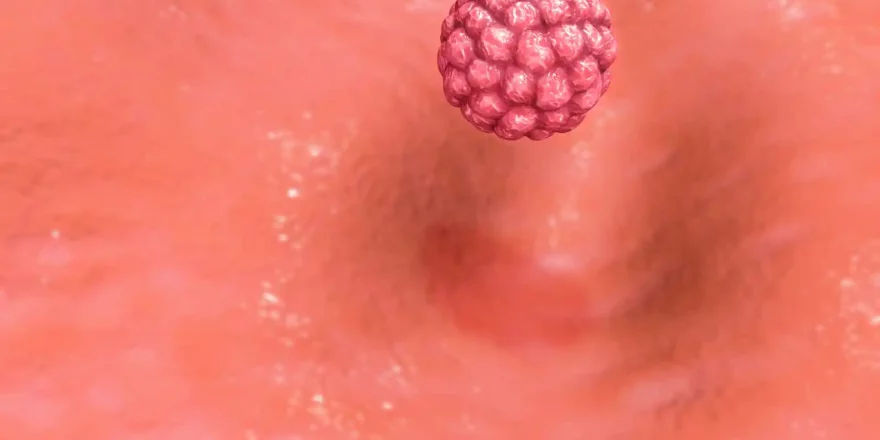Endometriosis is a serious and complex condition that’s one of the leading causes of reduced female fertility. Endometriosis can cause extreme pain and discomfort, and understanding how it develops is crucial when trying to prevent or treat it. The complexity of the condition and its connections with PCOS have led to us detail both conditions ...
Anovulation
Anovulation is the absence or infrequent release of an egg from an ovary. Unless an egg is released, it can’t get fertilised, and there’s no chance of pregnancy. Anovulation is the main reason women go to fertility clinics, and about 70% of the time, polycystic ovary syndrome (PCOS) is the issue. However, there are five other cause...
Blocked Fallopian Tubes
Blocked Fallopian tubes account for about 20% of female infertility cases, and the tubes are delicate, dynamic structures that link the ovaries to the womb. They’re easily damaged, and the tubes perform essential roles in all natural pregnancies by supporting and transporting an embryo to the womb. Any excess mucus, scar tissue or distor...
Genetic Conditions
There are three genetic conditions that can affect female fertility with varying degrees of severity, and there are management options that can result in pregnancy for two of the conditions. Turner’s Syndrome Androgen Insensitivity Syndrome Congenital Adrenal Hyperplasia Turner’s Syndrome Turner’s syndrome is a genetic condition that only af...
Luteal Phase Deficiency
Luteal phase deficiency (LPD) is also called “luteal phase defect” and it can prevent pregnancy even when an embryo implants in the womb. As the name implies, LPD is a dysfunction of the menstrual cycle’s second (luteal) phase, and there are two possible causes, which are often seen together: The luteal phase is too short Progesterone levels ...
Miscarriage
Miscarriage is almost a taboo subject that’s rarely discussed because of the distress involved. It’s usually only after a personal experience that people discover just how many of their friends and family have been there too. It’s believed that up to 50% of all pregnancies don’t progress, but most are very early on, and...
PCOS
Polycystic ovary syndrome (PCOS) is a complex hormonal, structural and functional condition that significantly reduces female fertility. Understanding how it develops is crucial when trying to prevent or treat it. The complexity of the condition and its connections with Endometriosis have inspired us to explain both conditions in great detail ...
Female Age
Female age affects fertility, with peaks in a woman’s late teens and early 20s and doesn’t usually reduce noticeably until she reaches about 32. From this point, a woman’s fertility becomes increasingly affected by the number and quality of eggs she has remaining in her ovaries. However, it’s possible to check egg numbe...
Implantation Failure
Implantation failure is a significant cause of infertility (and the reason given for about 70% of IVF failures) but is often overlooked as a reason for not conceiving. There are, of course, differences between IVF cycles and natural conceptions and a variety of reasons why healthy embryos don’t become babies. Implantation is a complex pr...
Symptoms, References & Risk Factors
The symptoms, references, and risk factors for thyroid disease are shown below, but not everyone with abnormal thyroid hormones gets all of the symptoms. To add further confusion, the symptoms don’t seem to fit everyone, and 10% of people with hyperthyroidism gain rather than lose weight! Thyroid disorders are diagnosed by testing hormone leve...










